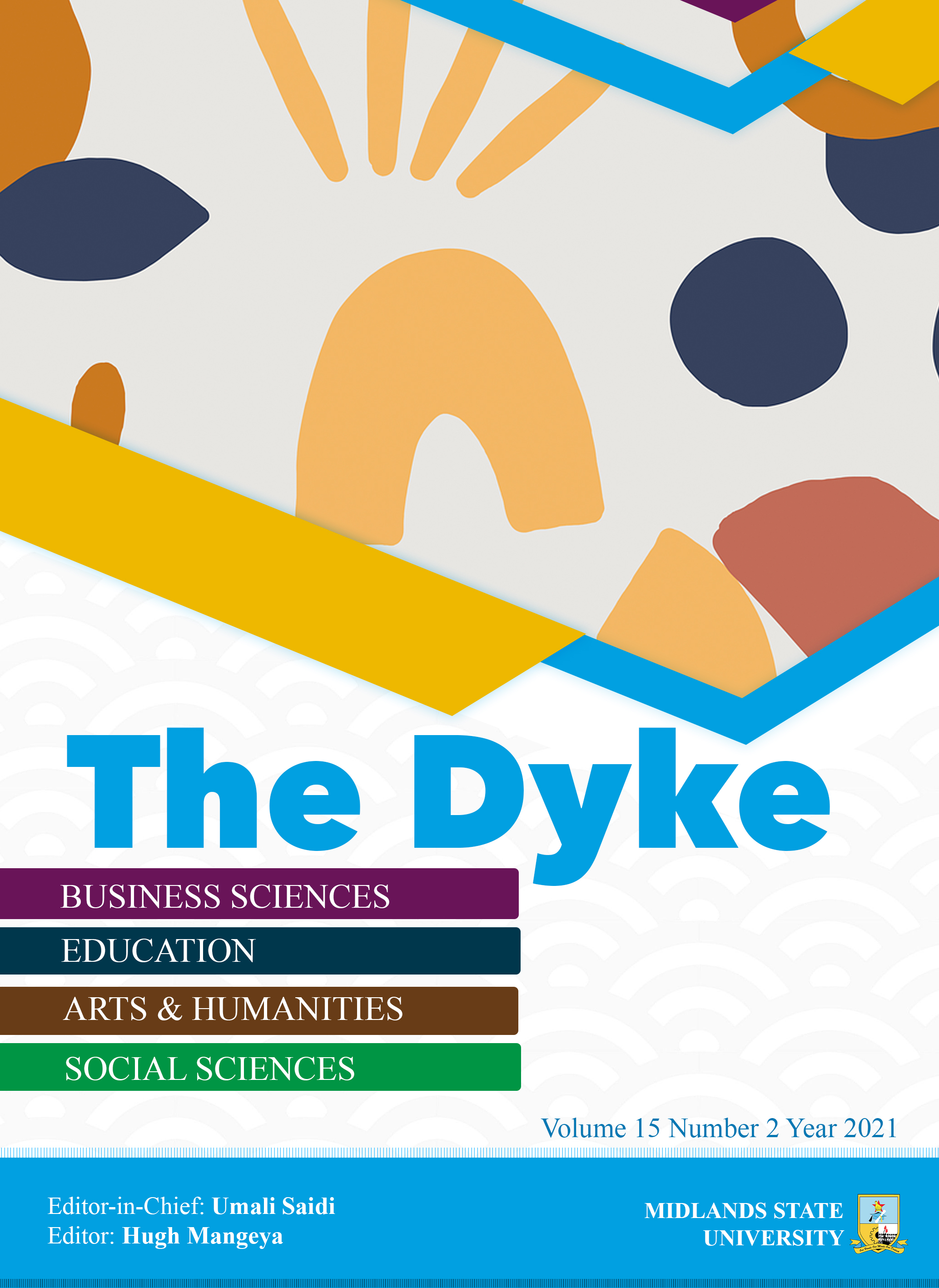Harnessing indigenous knowledge systems in managing the covid-19 pandemic in Zimbabwe
Keywords:
Harnessing, Indigenous Knowledge Systems, Covid-19, PandemicAbstract
The covid-19 pandemic has led to various impacts on the health, economy and social well-being of people, globally. As no cure is yet to be found for the disease, the world can only rely on vaccines to contain its spread. What is disturbing though is that some of these vaccines have been received with much scepticism by some people. There have been various controversies, and conspiracy theories, pertaining to vaccines as there are suspicions that the availed vaccines will further spread the disease as a deliberate way of exterminating humanity. As such, some people are naturally hesitant to take the vaccines. Instead of taking the vaccines, some people have since turned to indigenous remedies based on Indigenous Knowledge Systems (IKS) in a bid to boost their immune systems, as well as to curb the effects brought by the covid-19 pandemic. Despite the fact that some people in Africa in general, and Zimbabwe in particular, have turned to IKS, its efficacy has generated a lot of controversy due to the enduring nature of coloniality of power, and knowledge, which has always denigrated African healing systems, and elevated western scientific medicines. This paper illuminates the greater capability with which IKS can combat, manage and alleviate the impact of the covid-19 pandemic in Zimbabwe. We consider this against the backdrop of a collapsed healthcare system in the country exacerbated by a serious brain drain because of poor working conditions. The argument is that herbal medicines are the backbone of poorly resourced healthcare systems, including those in Zimbabwe. If indigenous healing interventions have been used in communities for centuries in the past to treat various ailments, it is our conviction that these can still be useful today. Due to mobility challenges emanating from the covid-19 induced lockdowns, this study is qualitative wherein data was collected through desktop research coupled with intermittent telephonic and face-to-face interviews.





